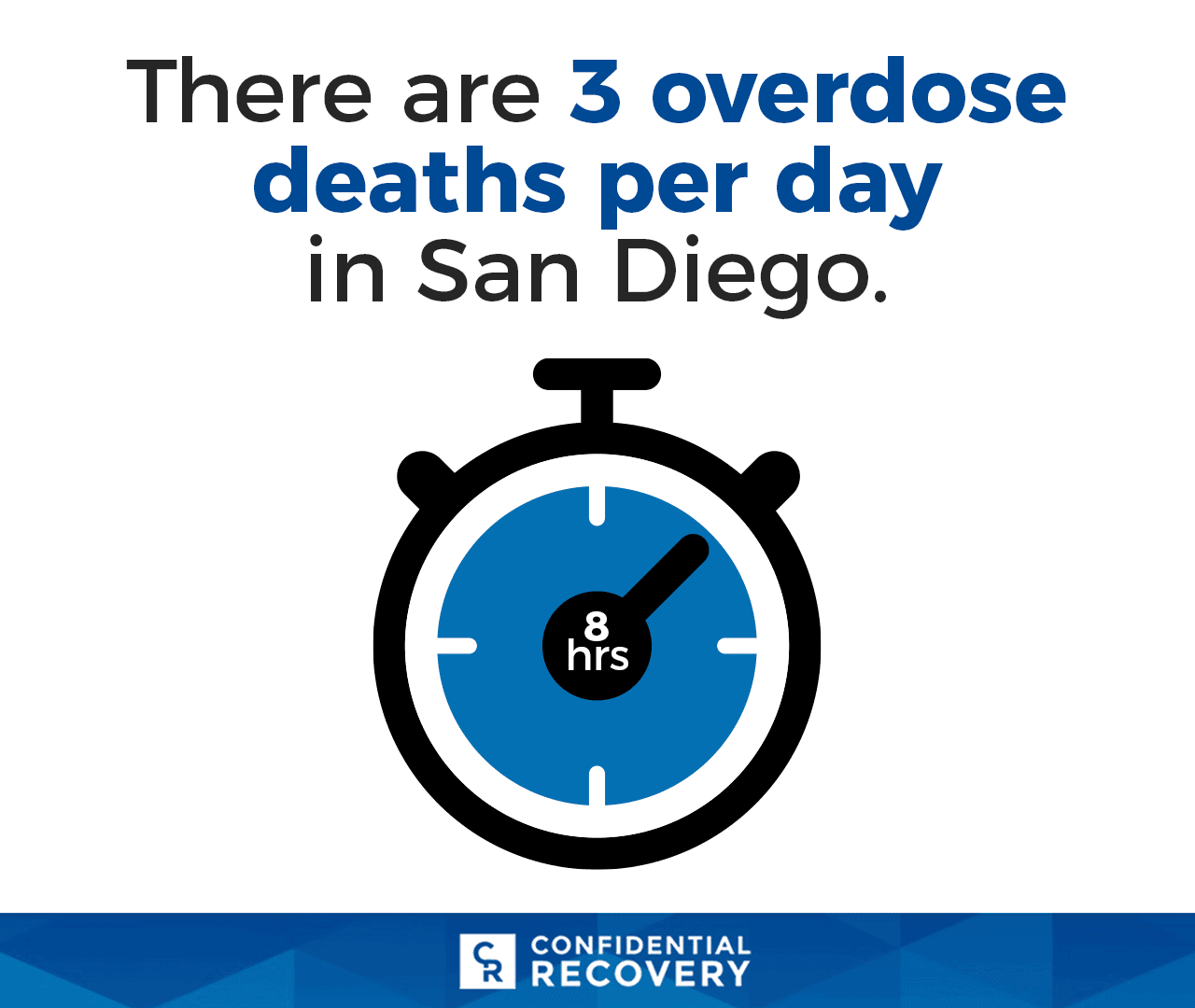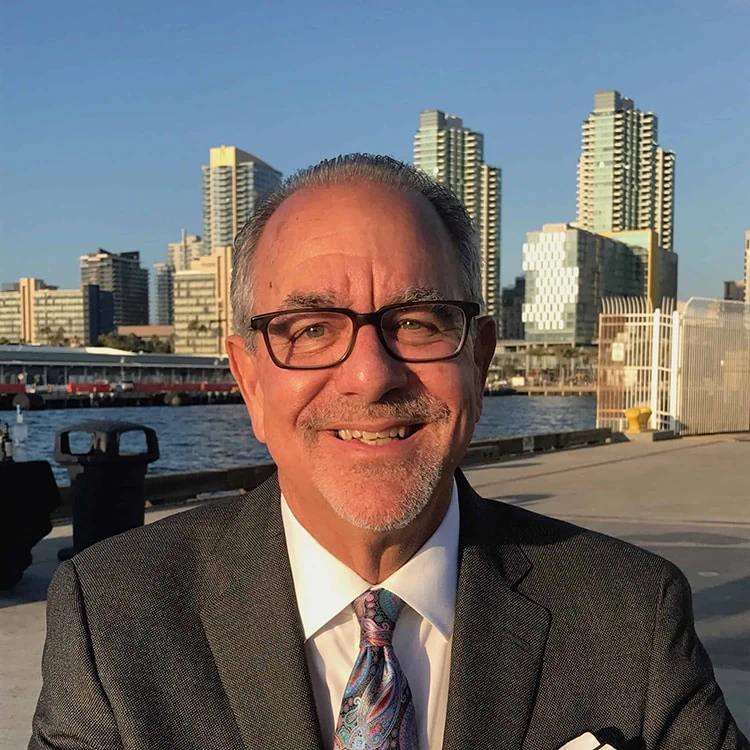
Three Preventable OD Deaths in San Diego Daily
According to a news release from the County of San Diego, three people lose their lives to overdoses in San Diego daily. In July and August, deaths increased by 50% when compared to February and March this year. Sadly, overdose deaths are not uncommon during the pandemic. Between unstable drug supplies, loneliness, and people who are experiencing a relapse once in recovery, there are plenty of issues causing overdoses.
The deaths in San Diego hit close to home for many people who have loved ones struggling with addiction.
(Note: If you or somebody you love may be experiencing symptoms of an overdose, such as blue lips/skin, trouble waking, or shallow breathing, please call 911 immediately.)
Understanding Addiction
Addiction, also known as substance use disorder, is a disease. Admittedly, some people still have old-fashioned beliefs about addiction and drug use. These beliefs can be so ingrained that it's hard for the addicted person to get help. They (or their loved ones) may believe it's a moral failing or a sin that causes the addiction. However, the most up-to-date science says it's not.
Addiction is a disorder that changes the brain, making a person think and act differently. Addiction is not an addicted person's fault. It is essential for the addicted person and their loved ones to understand.
People addicted to drugs, especially narcotics such as opioids, have trouble controlling how much they use. They are more likely to overdose on drugs because addiction is a progressive disease. The isolation during the COVID-19 pandemic hasn't helped. Addicted people are also vulnerable when it comes to coronavirus infections.
San Diego's Overdose Trend
Fewer people are using drugs in the company of others. Fentanyl, a highly potent opioid, has been found as adulteration in many street pills. Its potency is highly likely to cause an overdose in people who haven't used it before.
San Diego has seen many overdoses involving fentanyl. Sadly, overdoses sometimes include people in recovery who have relapsed. Other drug users who overdose may use more because they are isolated, lonely, or feel hopeless. Many of these factors are tied to the current economic collapse as well as social distancing.
Preventing Overdoses During Pandemic
From a public health perspective, preventing overdoses is vital during the pandemic. Almost every overdose death public health officials see are preventable. There are more barriers to help, but the county is tackling those obstacles.
Distributing naloxone, a drug that can help prevent overdoses, is part of county health officials' plan. Reaching out and letting people know help is available is essential as well.
Services are still helping addicted people get sober, and help is still very much available! Medication-Assisted Treatment is highly recommended for people addicted to opioids, and specialists credit it with preventing overdoses and relapse. The best way to avoid an overdose is to get and stay sober.
Getting Help
If you or somebody you love is addicted to any drug, including alcohol, help is available! We help people from many walks of life reclaim their lives. Our services are compassionate, professional, and discreet. We provide medication-assisted treatment, if needed, and offer you the services and support you need to get your life back on track. Please call us at 659-452-1200 to learn more about our services.
Categories
San Diego Interventions
